The article linked in my last boost (baldurbjarnason.com/2024/lisko… by @baldur) has buried in it the following unequivocal statement:
":And none of us should be using React."
I think those of us who agree with this message (I think I do) could do a better job of communicating it to those who aren't following the web development discourse. As far as my non-developer business partner knows, for example, React is still an uncontroversial industry standard.
@AKernelPanic and I recently went on the #AskNoahShow to talk about the upcoming Ubuntu Summit and the excellent speakers coming this year. We have folks coming from @matrix and @frameworkcomputer, but that's not all! You can hear all about this Summit this year and what we have planned by tuning into Noah's podcast 🎙️
The Ubuntu Summit is free to attend, with both in-person and remote attendance options. Use the link below to register 👇
In the spring, we conducted a survey asking the community a wide range of questions to help shape a fellowship for open source maintainers. This new 12-month program supports the people who work on critical digital infrastructure. Here are some of the insights we uncovered.
Apply for the fellowship through Sunday, October 20, 2024.
We're directly investing in the people behind the code. In the first year, we are allocating five available fellowship slots as follows: one employee and up to four freelance contractors.
Learn more and apply here: sovereigntechfund.de/de/progra…
Tak po dovolenkove pauze uz zase jedeme kampane. Prave jsme spustili prvni fazi pro Asher Rotha.
Ma upravene UI (mene naseho brandu, vice umelce) a je rozdelena na 4 casti. Postupne bude pribyvat hudba, vinyl, challenge i merch.
Tuto nebude nikde na streamu. Jako fakt Unreleased. To me tesi dvojnasob.
Pri tuneni noveho stylu pro kampane jsme si hodne hrali s fonty. Bitvu fontoveho parovani zatim drtive prohravame.
Kombinace, co se nam libila byl napriklad ten SUSE (ted ho tam mame jako Body i Display) a NeueBit, ktery tomu dodal krasnou umeleckou pixelovatost. Bohuzel je pekelne drahy a alternativy jsme nenasli.
@jiri_toman nedokazal by si pomoctct nejakou profesionalni radou?
Liskov’s Gun: The parallel evolution of React and Web Components
baldurbjarnason.com/2024/lisko…
This is a bit of an experiment. Probably the longest essay I've published directly on my website. 🙂
Tak túto mikinu by som aj nosil 🤪
Anyone know of good reading to get up to speed on what's going on with Wordpress?
EDIT: This is good reading: joshcollinsworth.com/blog/fire…
Thanks to @\j12i@weirder.earth and @\kamyk@firescry.com for linking it :)
Máte radi úžasné fotografie s príbehom? Zvážte podporu: donio.sk/kniha-kruhy
Takto si tu žijeme.
reshared this
Buenas tardes, tres cosas:
La primera, que he escrito una novela.
La segunda, que me la publican.
La tercera, que no tengo ni la más remota idea de cómo he conseguido ni la primera ni la segunda cosa.
«illo» es un drama familiar que se desarrolla por las calles de Triana y Sevilla y en el que hay tensión, acción, pasados complicados, lluvia y hasta un partido del Betis. Lo publica Editorial Dieciséis y estará disponible en su web y en vuestra librería de barrio a partir del 17 de octubre.
infosec.exchange/@vcsjones/113…
1: AI is hallucinating events, historical figures, entire concepts on Wikipedia
2: a task force of Wikipedia editors is detecting and deleting this stuff
Reading WITHOUT Sight: Challenging the Ableist Assumptions of Non-Visual Literacy
In today’s world, where accessibility is supposedly ever-expanding, comments on how blind people read – or rather, whether we “really” read – reveal a significant amount of latent ableism. When someone remarks, “You’re not really reading because you have to listen to it,” they are unwittingly touching on deep-seated biases that marginalize blind people and our experience. For me, as a blind person, these comments feel aggressive, like a slur that undermines not only my intellect but my very existence within a literate society. The underlying suggestion that my method of consuming literature is somehow less legitimate than traditional reading reflects a lack of understanding and a failure to appreciate the richness of alternative literacy.
At its core, this statement implies that visual reading is the only valid form of reading – an attitude deeply rooted in ableist assumptions. Just as the sighted world learns and adapts to new ways of accessing information, blind people, too, use technology to bridge gaps that were once insurmountable. By suggesting that listening to an audiobook or using a screen reader is inferior to reading with one’s eyes, the speaker perpetuates a narrow view of literacy that excludes anyone who does not fit their narrow definition of a reader.
The Emotional Impact of Dismissive Comments
Hearing such remarks can be hurtful. When someone tells me I’m not “really reading,” they trivialize the effort, love, and passion I pour into every book. Reading, in any form, is more than just a mechanical process; it’s an engagement with ideas, narratives, and emotions. Denying my capacity to “really” read is akin to erasing my agency in choosing to explore literature. It dismisses my experience and can feel like a personal attack, minimizing my intelligence and curiosity.
Moreover, these comments strip away the nuances of my identity and life experience as a blind person. They ignore the reality that many of us navigate systems not designed with us in mind, yet we adapt with resilience and creativity. Listening to a book, for me, is as much an engagement with its content as sighted reading is for others. This medium allows me to dive into narratives, to imagine worlds, and to connect with characters just as vividly as if I were reading visually. Such a remark does not just invalidate my experience, but it also points to a societal failure to recognize and celebrate the diverse ways people interact with literature.
Understanding the Roots of Ableism
Ableism, at its core, stems from a belief that certain abilities, like sight, are inherently superior. This mindset manifests in the way sighted people sometimes view adaptations like screen readers or braille as substitutes, rather than as equally valid methods of accessing information. This thought pattern diminishes the lived experiences of blind individuals and subtly implies that we’re only half-participating in the world of literature. The comment reflects an ideology that upholds one mode of experiencing the world as ideal, while relegating others to second-class status.
Furthermore, literacy is a concept that should not be defined by sensory modality. Whether through braille, audio, or screen readers, blind readers engage in the same cognitive processes of understanding and analying text. These methods are not merely compensatory but rather alternate pathways that lead to the same destination.
Responding Constructively
Addressing this kind of ableism requires a blend of assertiveness and education. In responding to these comments, I could say something like, “When you suggest that I’m not really reading, it feels as if you’re diminishing my engagement with the text. For me, listening to a book offers the same intellectual and emotional journey as sighted reading does for you. It’s not about the method; it’s about the experience of connecting with the material. I’d appreciate it if we could acknowledge that there are many valid ways to be a reader.”
By framing the response in this way, I affirm my own experience while gently inviting the person to reconsider their assumptions. Another approach could be to highlight the diversity of literacy methods available today: “There’s a wide range of ways people can read now, whether through audio, braille, or text-to-speech technology. These methods open up the world of literature to more people and should be celebrated rather than diminished.”
My hope is that, in responding to these comments, I can foster a moment of reflection for others. Reading is about engaging with ideas and stories, not about the medium through which we access them. Ableist remarks about non-visual reading, though sometimes spoken thoughtlessly, present an opportunity to open minds and broaden perspectives. By sharing my experience, I contribute to a more inclusive understanding of literacy and help to dismantle the harmful stereotypes that still persist.
Conclusion
Reading is not an act confined to the eyes; it is an intellectual and emotional endeavour that transcends sensory modality. For many blind people, it is the ultimate expression of our love for stories, our curiosity, and our intellect. When someone diminishes my experience as “not really reading,” they underscore a fundamental misunderstanding of what it means to be a reader. As we continue to expand our understanding of accessibility, it is crucial to challenge and reframe such biases. Only by doing so can we begin to recognize and respect the many ways in which people interact with the written word, enriching our collective experience of literature in all its forms.
#Ableism #Accessibility #Audible #Blind #Braille #Disability #Equality #Inclusion #Kindle
absolutely this.
Nobody says you're not on the second floor if you only took the stairs, after all. You might use a ramp or a lift, but you're still there. Someone may have carried you up on a motorised hoist, but you're still there.
however you absorb the material, it's inside you, ready to be talked about with others or digested for your own enrichment. they might as well argue that typing a book isn't the same as writing it with a pen.
Hungary keeps pushing for Chat Control. Here’s why they must be stopped:
No more need to accept egregious and one-sided user agreements!
Today at XDC 2024, my colleague @1ace from the Core team is going to co-host with Martin Roukala a demo on adding test machines to a CI-Tron instance: indico.freedesktop.org/event/6…
Live stream at: youtube.com/@XOrgFoundation/st…
Make sure to attend!
5/20
#20albums20days
reshared this
TIL `curl --show-error`. How many times have I wanted this 😞
`--show-error` is great, it will output any error on standard error, which is a crucial as it allows you to write code like:
```
version=$(curl --silent --show-error exampe.com/some.json | jq '.info.version')
```
If it succeeds, `jq` gets its input, but just as importantly, when it fails, the output isn't written into the `version` variable.
As always, read the *fine* manual at: curl.se/docs/manpage.html#-S
Cc: @bagder
@Hipska I don't think we can change that default without risking causing havoc in a bazillion scripts.
The error message is sent to stderr so you can catch it, and you can also get it with the -w option
Dexed, a free and open source VST/CLAP emulation of Yamaha DX7 is accessible now. Been having heaps of retro fun here, it's easy to load and tweak sounds. There's a decent collection of cartridges that come bundled with it (each cart contains a fistful of sounds), other collections are easy to find.
Tip for REAPER users, once a cartridge is loaded, the sounds on it can be scrolled through using the Presets combo box in your FX window. The Dexed developer has made their browser window nice and accessible, so if you're hopping through carts best to stay in there, I've just noticed it's a few less keystrokes to change sounds within the same cartridge when I'm revisiting the FX window is all.
Get it here: github.com/asb2m10/dexed/
Loads of extra carts here:
bobbyblues.recup.ch/yamaha_dx7…
reshared this
Don't forget to promote the LibreOffice 2024 Schedule app!
🛒 play.google.com/store/apps/det…
🛒 f-droid.org/packages/info.meta…
LibreOffice reshared this.
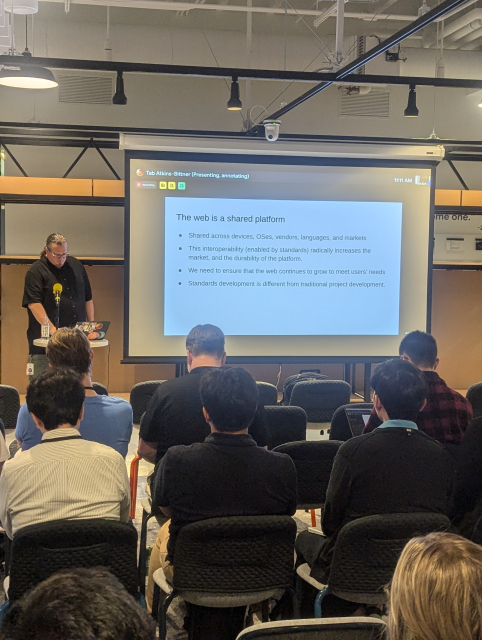


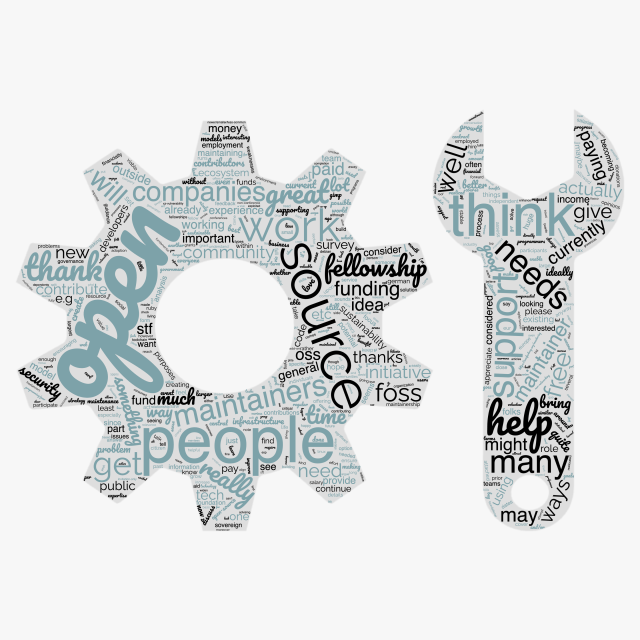

![[brownplt/code.pyret.org] name clash between color tan and math tan (Issue #553) [brownplt/code.pyret.org] name clash between color tan and math tan (Issue #553)](https://fedi.ml/photo/preview/640/597964)


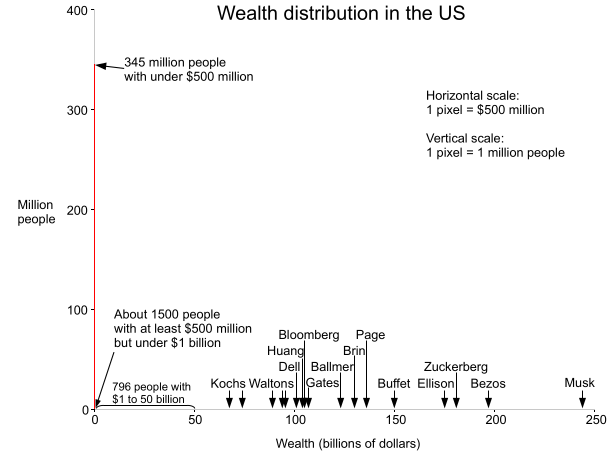
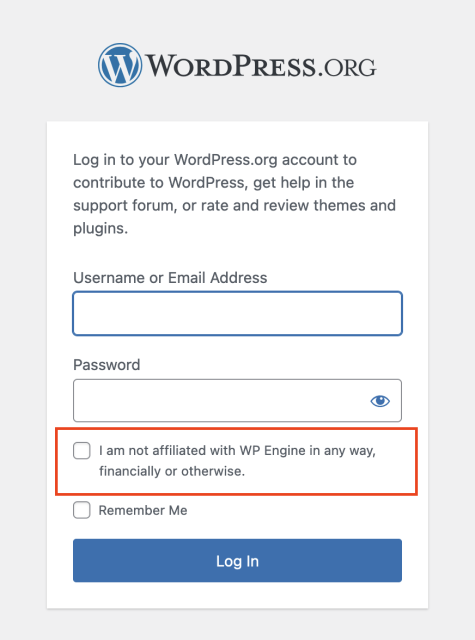
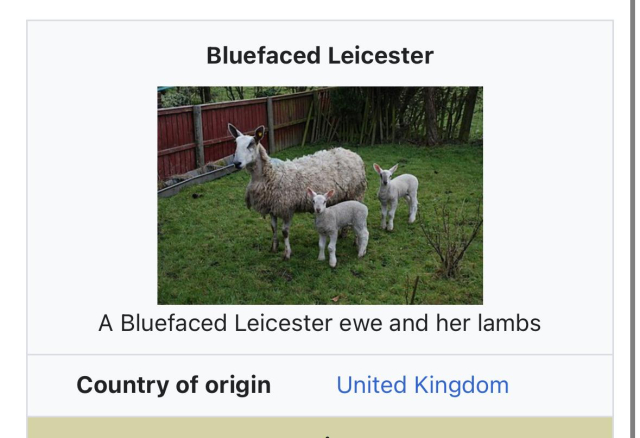
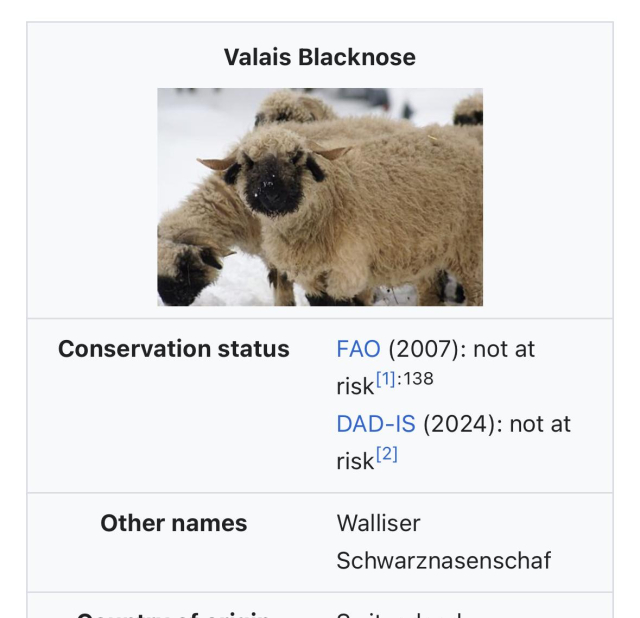
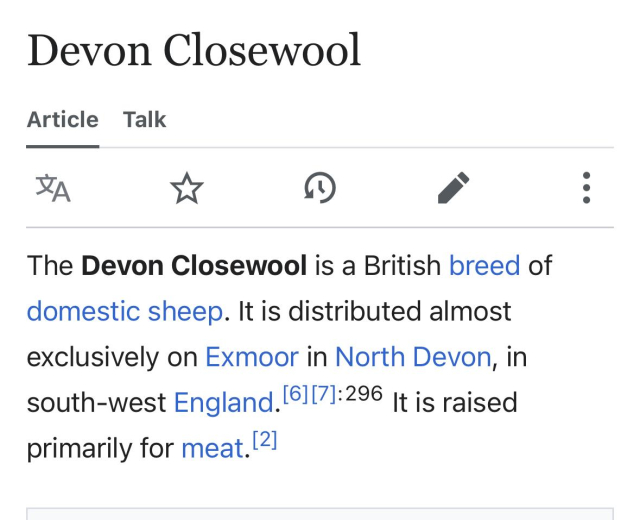
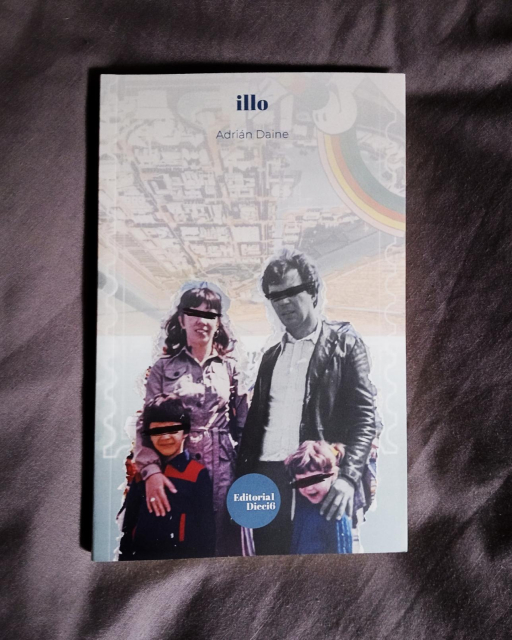
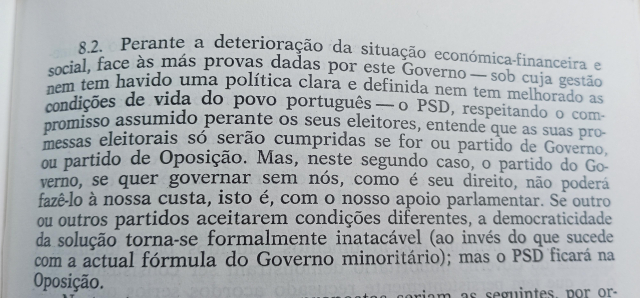
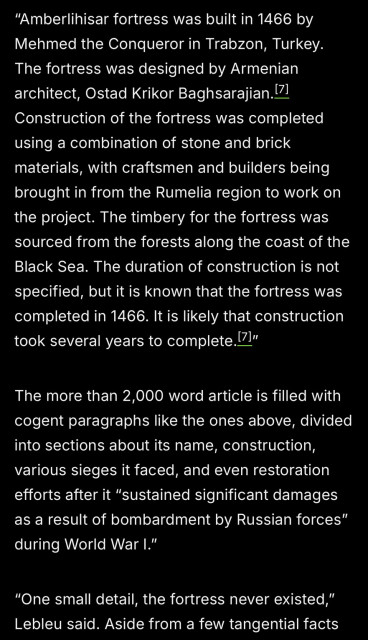
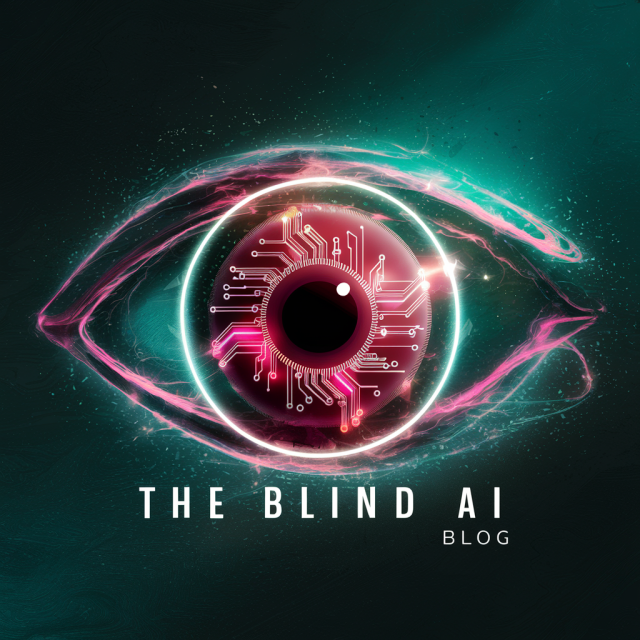


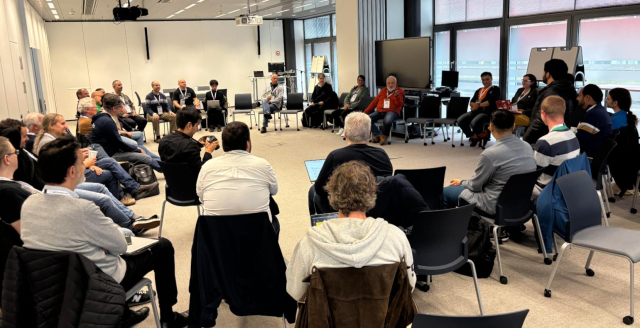
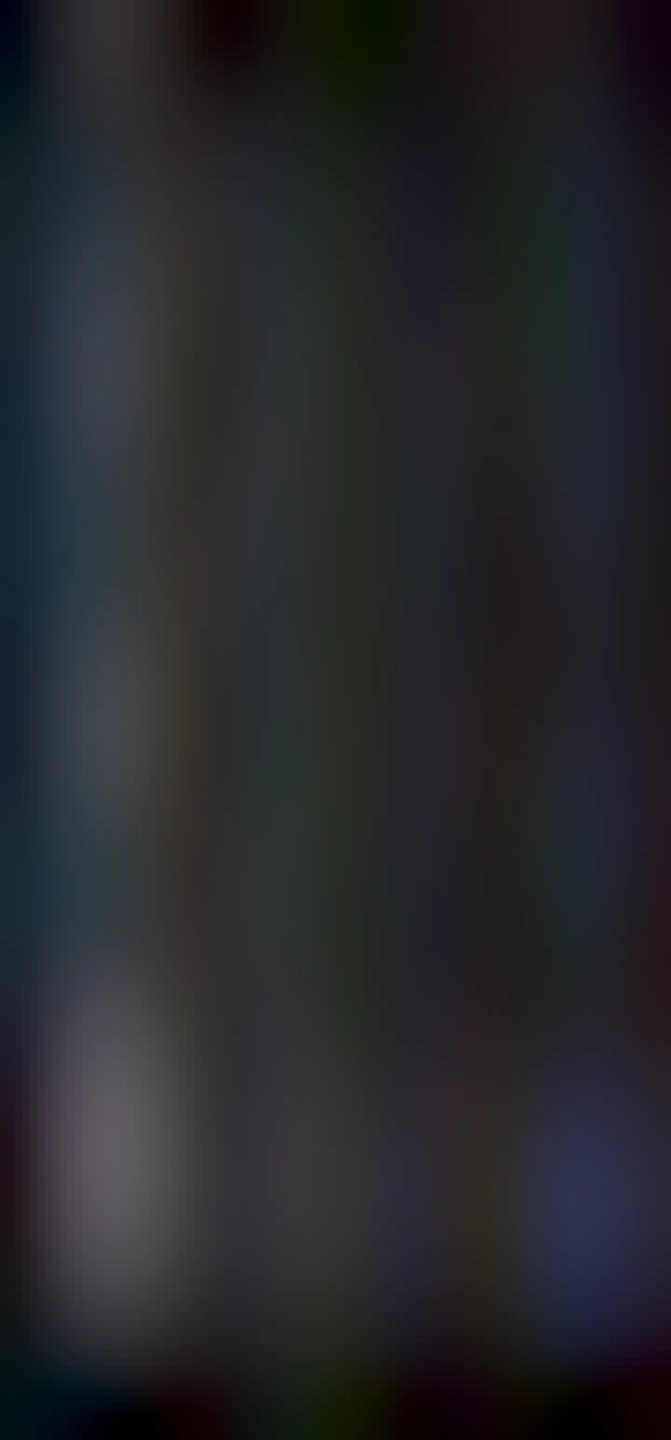
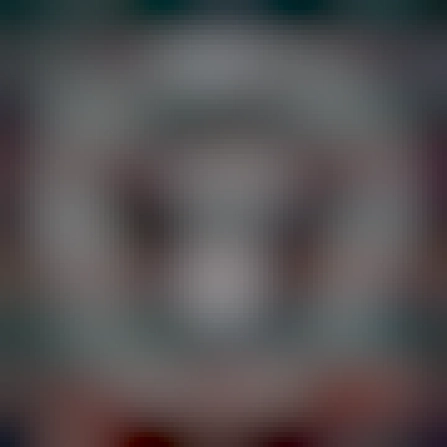
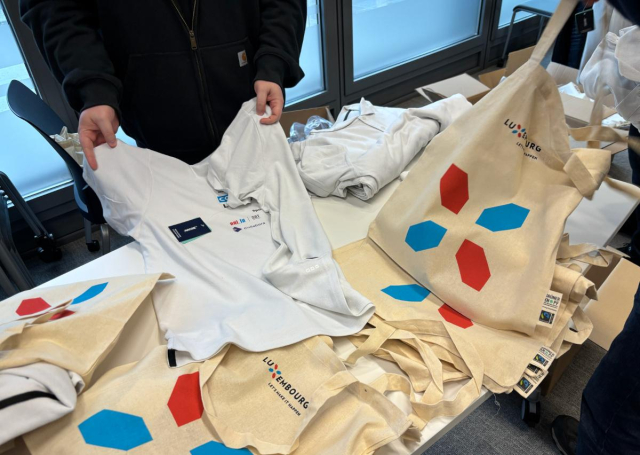
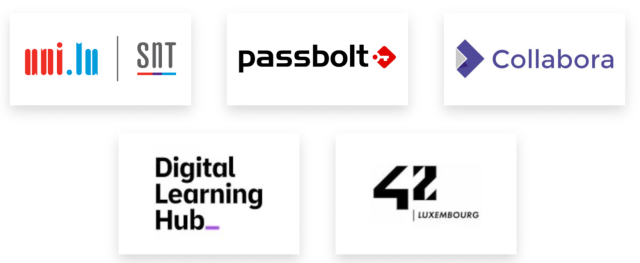
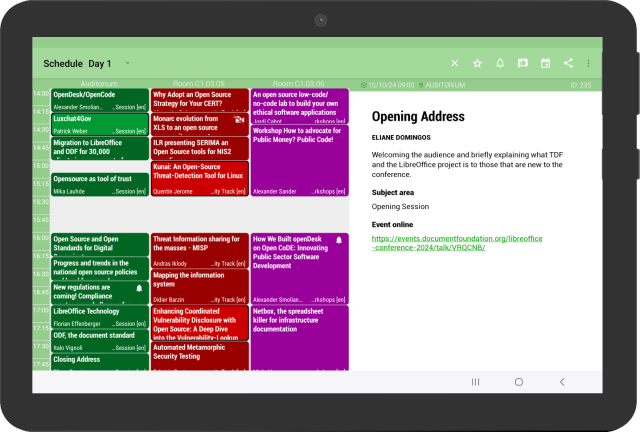
Matt Campbell
in reply to bkardell • • •Brian Grinter
in reply to Matt Campbell • • •@matt
Fucking infuriated to recent see a tech writer call Safari a Chrome based browser
Next he’ll be telling me Queen and David Bowie ripped off Vanilla Ice…